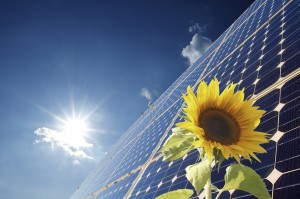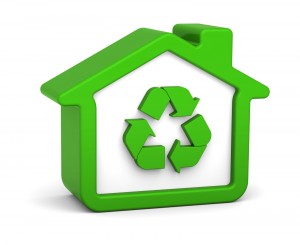
Sustainable Tourism: The benefits of Solar
One of the most significant developments in the tourism sector over the past decade has been the continuing growth in demand for accommodation providers and owners of holiday cottages to be green and eco-friendly.
Now is the time of sustainable tourism.
Worldwide tourism accounts for an estimated 4% of all carbon emissions and of that figure a whopping 38% is attributed to international air travel. This has brought about a sharper focus on the impact travel has on the world in which we live and a potential move toward more and more of us enjoying what Britain has to offer hopefully draws nearer.
The World Tourism Organisation recently found that one in three people now consider the environmental credentials of their potential destination, with 40% willing to pay a premium to stay in such accommodation.
Many holiday cottages have embraced their green credentials and identified opportunities to not only reduce carbon emissions but also costs.
With the British summer now promising to flourish into full bloom we look at the benefits of solar power for your holiday cottage.
Potential Cost Savings – The Feed in Tariff
The first thing to say is that the sun is free and with that there are potential cost savings for holiday homeowners. This is not only in the form of reduced bills but also through the government’s Feed in Tariff. This provides payment for all the energy produced by the solar panels at your holiday home. You will have first call on the electricity generated by the solar panels with any surplus fed back into the grid.
Shouldering the cost of energy
You won’t always be able to control if your visitors turn the lights off before they go out for the day, if they leave the heating on at a high level or the television running in the living room.
Potential energy bills can continue to creep upwards as an increased number of holiday homeowners begin to fill ‘shoulder’ months when the weather can be colder and the bills higher; 60% of energy costs are attributed to heating and water.
Solar power has been proven to reduce heating costs, which can directly increase the margins of profitability for your holiday home.
Reducing your carbon footprint
As we’ve already highlighted there is an increased visitor awareness of the carbon footprint holiday cottages have. Solar systems have been estimated to reduce the carbon emissions of the average holiday home by in excess of one tonne of C02 over the course of a year.
That’s the same amount of CO2 emitted by a flight taking off from London Heathrow and touching down at Sydney International airport!
Selecting a supplier
The cost of solar panels and their installation has dropped significantly during the past few years, which has made it an even more viable option for many holiday homeowners. As renewable energy is such a fast moving market it is suggested that you get more than one quote when looking at installing solar panels on your holiday cottage to ensure you get the most competitive price. The Energy Savings Trust have really useful resources and offer impartial advice including a `find an installer’ facility. Visit their website and select England, Wales, Scotland or Norther Ireland depending on where your holiday home is located.
The insurance Implications
There are insurance implications associated with having solar panels on your holiday cottage. You’ll need to ensure the buildings insurance definition in your holiday home insurance policy is wide enough to cover damage to the solar panels due to an insured peril such as storm damage.
All holiday homeowners enjoying specialist holiday home insurance provided by Boshers are covered for this as standard in their policy.
Boshers are specialist providers of insurance to holiday homes and cottages. For more information on how a specialist insurer can help and support your holiday home please give us a call on 01237 429444.



 There has never been a better time to reduce your energy over heads and ‘Do your bit’ for the environment. You may have made changes to your home but have you given thought to “How green is your holiday home?”
There has never been a better time to reduce your energy over heads and ‘Do your bit’ for the environment. You may have made changes to your home but have you given thought to “How green is your holiday home?”